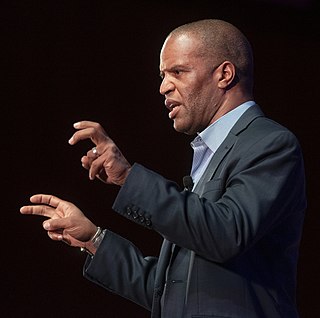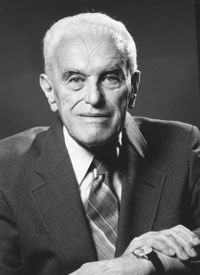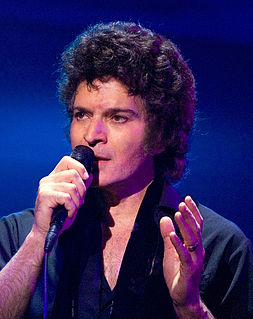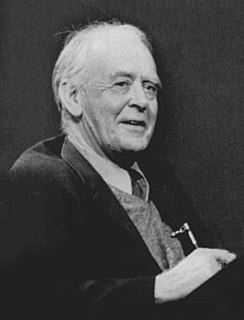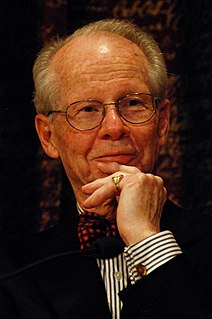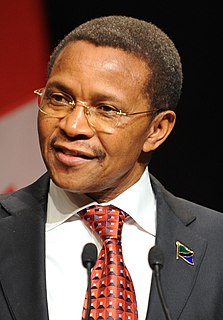A Quote by Noam Chomsky
The IMF economists were doubtless shaken by the extreme failures of their prescriptions over many years, and by the collapse of the intellectual edifice of economic theory on which they were relying.
Related Quotes
Economics, over the years, has become more and more abstract and divorced from events in the real world. Economists, by and large, do not study the workings of the actual economic system. They theorize about it. As Ely Devons, an English economist, once said in a meeting: 'If economists wanted to study the horse, they wouldn't go around and look at horses. They'd sit in their studies and say to themselves, `What would I do if I were a horse?' '
In general, the bigger a mountain the older it is. The biggest mountains were built before any others, because when they were built there was incomparably more flammable material within the Earth. Over the many thousands of years that have passed, the quantity of flammable material has doubtless decreased.
Music was not always my fan. Sometimes there were lean years, years where I was uncertain if I was doing the right or wrong thing. And years where there wasn't the acceptance, years of economic hardships, and failures. That's when you get to know either who you are, what you're made of, or what's inside of you. If you don't probe deeper, you'll never know, and you can't go on.
I have concluded that most PhD economists under appraise the power of the common-stock-based "wealth effect," under current extreme conditions... "Wealth effects" involve mathematical puzzles that are not nearly so well worked out as physics theories and never can be... What has happened in Japan over roughly the last ten years has shaken up academic economics, as it obviously should, creating strong worries about recession from "wealth effects" in reverse.
The years of the Great Depression were a superb time for economists because people not knowing what could be done or what should be done would always assume that maybe an economist had the answer. If you were just a lawyer in Washington, you were nobody. But if you were an economist, you might have the answer.

